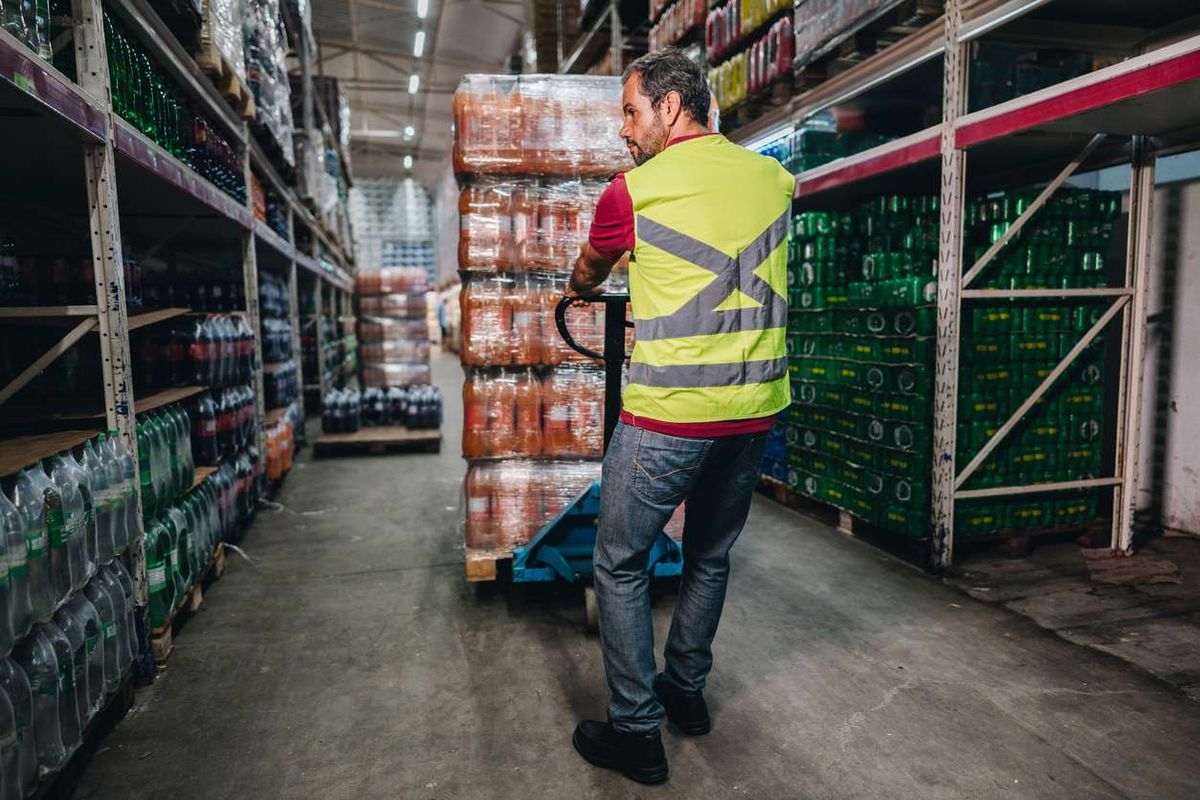Grocery retailers could save money and avoid empty shelves during future supply chain crises thanks to new research from the University of Manchester.
A team led by Dr Arijit De at Alliance Manchester Business School has developed an analytical model to help retailers keep goods moving during disruptions such as floods, strikes or pandemics – while also reducing fuel use and carbon emissions.
The study examined how retail distribution networks can adapt when part of the system fails. Most supply chains rely on a mix of highly reliable but expensive hubs and cheaper, more vulnerable ones that are more prone to disruption. When a vulnerable centre shuts down, costs, emissions and shortages can quickly rise.
Dr De’s team used game theory and optimisation modelling to design a smarter redistribution strategy that allows more reliable warehouses to temporarily cover for disrupted ones. Real-world testing with a UK retailer found this “goods sharing” approach could reduce fuel costs by up to 30 per cent in disruption scenarios compared with traditional methods – all while maintaining product availability.
“Events like COVID, floods or strikes show just how vulnerable supply chains are,” said Dr De. “Our model gives companies a practical way to plan ahead, ensuring business continuity during crises while reducing their environmental impact.”
The research suggests that resilience and sustainability need not be at odds. “By planning for disruption and sharing resources smartly, companies can save money and cut emissions at the same time,” added Dr De.
The findings come as UK retailers face increasing supply pressures linked to extreme weather and global logistics challenges. The study, Proactive Logistics-Redistribution Strategic Planning in Response to Facility Disruptions under Contingencies, was co-authored with researchers from the Indian Institute of Management, National Taiwan University and the University of Liverpool, and published in the European Journal of Operational Research.


